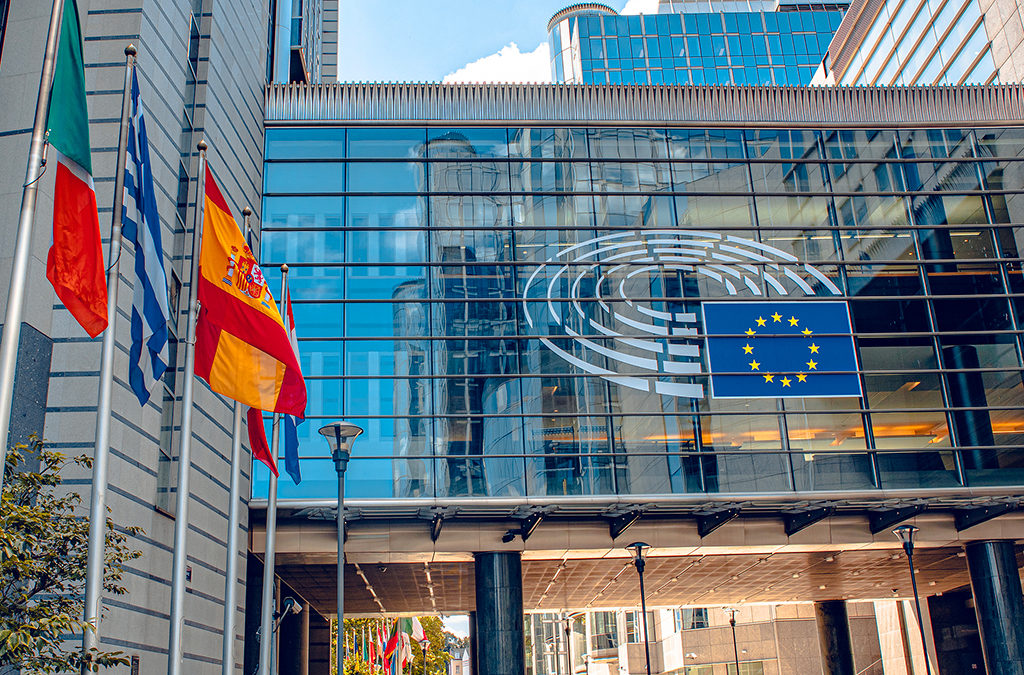

On July 1st 2021, Slovenia took over the rotating Presidency of the Council of the European Union. It followed the Portuguese Presidency which had a particularly heavy health agenda to focus on.
Similarly to previous presidencies, Slovenia will look to strengthen the EU’s role as a leader in global health, as well as increase the EU’s resilience to crisis and its preparedness to tackle health-related threats. To follow up on the Council Conclusions adopted under the Portuguese Presidency, access and availability of medicines, vaccines and medical equipment will remain a top priority for Slovenia.
With regards to current legislative files, Slovenia intends to finalize the negotiations around the European Health Union that was presented in November 2020 and which looks at the EMA reform, the strengthening of the European Centre for Disease Prevention and Control and the new Regulation on serious cross-border threats to health. Additionally, Cancer will be part of its program, concentrating on the implementation of the initiatives included in Europe’s Beating Cancer Plan.
Slovenia will also aim at tackling some of the digital files that are on the agenda, putting a special emphasis on the European Health Data space and seeking a common position in the Council on the Digital Markets Act and the Digital Services Act. Artificial intelligence is also quite high on the agenda, with Slovenia being the first Presidency to face the task of getting EU countries to agree on a common position on the world’s first plans to regulate artificial intelligence.
Going beyond the focus on Health, the Slovenian Presidency will focus on economics, energy, climate and cybersecurity. The first overarching priority will include the resilience and strategic autonomy of the EU, focusing on the recovery of the EU economy through green and digital technology.
Slovenia’s Ambassador to the EU, Iztok Jarc, explained how this will be “a very heavy agenda” for the Presidency, as Slovenia expects to deal with about 150 different EU policy issues.
